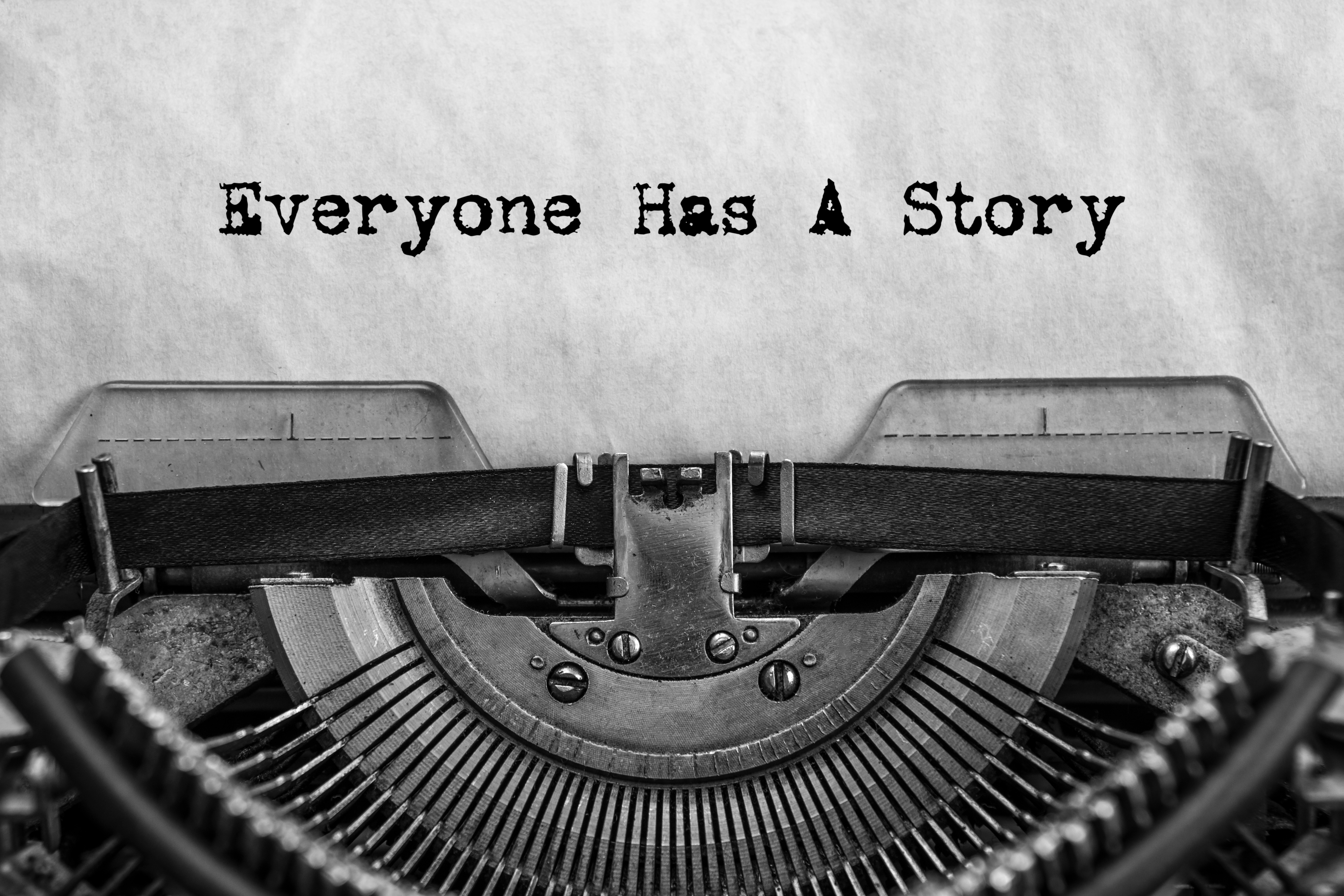What's Your Comeback Story?
So much advice around interviewing is focusing on assertion and confidence, but that only sets you apart so much. So what should you be doing to gain an edge over the competition?

Have you ever been asked about a failure or shortcoming during an interview? You'd be surprised how many people can't answer that question... and even though there is no shortage of interviewing advice out there, no one is talking about this! The role vulnerability plays during an interview is a bit of a super power, if you ask me.
Everyone, literally everyone, experiences failure of some sort. When an interviewer wants to know about your failure, what they really want to hear is your comeback story. Ever hear the phrase, "everyone loves a good comeback?" It's true! We're listening for grit, perseverance, and most of all, a growth mindset. But, that's not all! There are so many other nuggets in a good comeback - like innovative problem solving, collaboration, working under a deadline, and so on. Plus, great stories are sticky, which means, the interviewer will be more likely to remember you.
You may be thinking, but I don't tell good stories. If you only get one takeaway from this article:
Invest in yourself and learn how to tell a good story.
Great stories start with a goal, but then a complication arises (sometimes, there are multiple complications). Shortly after that, pressure is applied (think: time constraint or quality expectation), all hope seems lost, and then suddenly, an unexpected surprise or idea occurs (I don't know- maybe your solution to the problem?). Finally, the crisis is averted, or the kingdom is saved, problem is solved, etc.
Here's an example for the question, "Can you share a recent challenge you experienced, and how did you overcome it?"
My director was out of the country and her boss asked me to stand-in on a call to give a project update later that day. I agreed, then realized the project manager for that initiative was also out of office. I reached out to a few of the key stakeholders - no answers. Time was running out and I was getting really nervous that I'd have nothing to share. I reached out to the Asana admin for our department and explained the situation. He granted access to the project for me, which wasn't typical, and I had just enough time (about half an hour) to study the project prior to the call. The meeting went better than expected and I was able to answer the other leaders' questions, with the exception of one that required follow-up. Two days later, my director forwarded a very complimentary email to me that she received from her boss about my preparedness.
Here's your homework. Think about situations, big or small, where you solved a problem. Remember, the problem doesn't have to be huge, but it should be comparable to the types of problems you may be expected to resolve in the role to which you are applying. Write down your ideas and create a narrative. Rehearse each one because you can never have too many great stories.
Practice telling your stories out loud (driving in your car, showering, or to your pets or kids). Once you land the job, hit me up and tell me all about it! I'm cheering for you.

